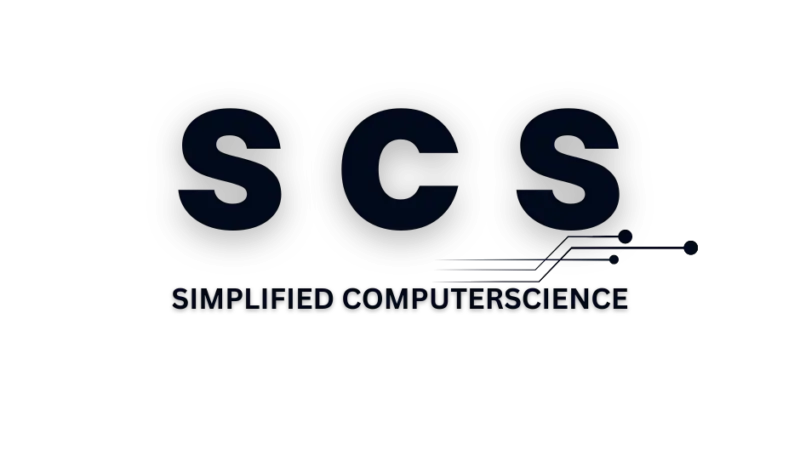Artificial Intelligence (AI) is revolutionizing various sectors, and human resources (HR) is no exception. According to a recent survey, 72% of HR leaders believe that AI will be crucial for future operations. This statistic underscores AI’s transformative potential in HR, particularly in enhancing recruitment and onboarding processes. This blog “Leveraging AI in HR: Benefits and Applications for Recruitment and Onboarding” will delve into the benefits, practical applications, and best practices for integrating AI into HR functions.
Understanding AI in HR
Concept: AI refers to the simulation of human intelligence in machines designed to think and learn like humans. In HR, AI encompasses tools and algorithms that automate and enhance various HR functions.
Significance: AI is pivotal in transforming HR processes by increasing efficiency, reducing biases, and improving the overall employee experience. By automating repetitive tasks, AI allows HR professionals to focus on strategic initiatives and human-centered activities.
Benefits of AI in Recruitment
Efficiency and Speed: AI significantly streamlines recruitment processes. Automated resume screening tools can process thousands of applications in a fraction of the time it would take a human recruiter. This reduces time-to-hire and ensures that the best candidates are identified quickly.
Bias Reduction: Unconscious bias is a common issue in hiring decisions. AI can help mitigate this by using data-driven algorithms to evaluate candidates objectively, focusing on skills and qualifications rather than subjective criteria.
Enhanced Candidate Experience: AI enhances candidate engagement through chatbots and automated communication systems. These tools provide timely updates and feedback, improving the candidate’s overall experience and perception of the company.
Applications of AI in Recruitment
Resume Screening: AI-driven tools, like Applicant Tracking Systems (ATS), automatically screen and shortlist resumes based on predefined criteria. This ensures that only the most qualified candidates move forward in the hiring process.
Candidate Sourcing: AI can identify and attract top talent by analyzing vast amounts of data from various sources, including social media, job boards, and professional networks. This proactive approach ensures a robust talent pipeline.
Interview Scheduling and Assessment: AI-powered tools can automate interview scheduling, reducing the back-and-forth communication often involved. Additionally, AI-driven assessment tools can evaluate candidates’ skills and fit through automated tests and analysis of interview responses.
Benefits of AI in Onboarding
Personalized Onboarding Experiences: AI can tailor onboarding programs to meet the individual needs of new hires. Personalized training modules and learning paths ensure that employees receive the information and support they need to integrate seamlessly into the organization.
Knowledge Transfer: AI facilitates efficient knowledge transfer by providing new hires with access to a wealth of information and resources. AI-powered platforms can answer questions and provide guidance, ensuring that new employees have the support they need to succeed.
Employee Engagement: AI tools can enhance new employee engagement by providing continuous feedback and support. Interactive onboarding platforms and virtual assistants ensure that new hires feel welcomed and valued from day one.
Applications of AI in Onboarding
Virtual Onboarding Assistants: AI-based virtual assistants guide new hires through the onboarding process, answering questions and providing information in real-time. This ensures a smooth and efficient onboarding experience.
Training and Development: AI-driven training programs adapt to employees’ learning styles and paces. These personalized training modules ensure that employees receive the right training at the right time, enhancing their skills and productivity.
Feedback and Support: AI provides continuous feedback and support during the onboarding process. By monitoring new hires’ progress and providing timely feedback, AI ensures that employees stay on track and receive the support they need.
Best Practices for Integrating AI in HR
Selecting the Right Tools: Choose AI tools that align with your HR needs and organizational goals. Evaluate different solutions and select those that offer the best fit for your processes.
Ensuring Data Privacy: Data privacy and security are paramount when implementing AI in HR. Ensure that AI tools comply with data protection regulations and prioritize the security of employee information.
Combining AI with Human Touch: While AI can automate many tasks, human interaction remains crucial. Balance AI technology with human touch to ensure a positive and engaging employee experience.
Challenges and How to Overcome Them
Resistance to Change: Employees may resist AI adoption due to fear of job displacement or unfamiliarity with new technology. Overcome this by providing training and emphasizing the benefits of AI in enhancing their roles.
Skill Gaps: Implementing AI requires HR teams to have new skills. Invest in upskilling and training programs to ensure that HR professionals can effectively work with AI tools.
Ethical Considerations: AI in HR raises ethical concerns, such as bias in algorithms and privacy issues. Address these by implementing transparent, fair, and ethical AI practices.
Future Trends in AI for HR
Advancements in AI Technology: AI technology is continually evolving. Future advancements will further enhance AI’s capabilities, making HR processes even more efficient and effective.
AI and Workforce Analytics: AI’s role in workforce analytics is growing. AI can analyze vast amounts of data to provide insights into employee performance, engagement, and retention, aiding in data-driven decision-making.
Integration with Other Technologies: The integration of AI with emerging technologies like virtual reality (VR) and blockchain will open new possibilities for HR, enhancing training, security, and overall HR management.
Conclusion
AI is revolutionizing HR by enhancing recruitment and onboarding processes. It streamlines tasks, reduces biases, and improves the overall employee experience. By understanding the benefits and applications of AI in HR, and implementing best practices, organizations can leverage AI to transform their HR functions.
If you found this post insightful, share your experiences with AI in HR in the comments below. Don’t forget to subscribe to our blog for more updates on the latest trends in HR technology!

